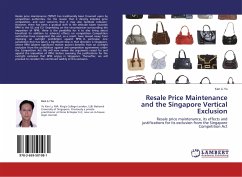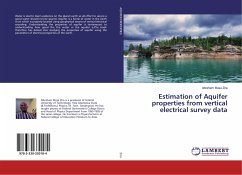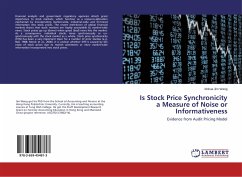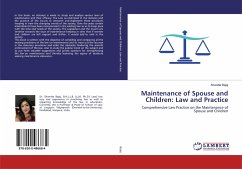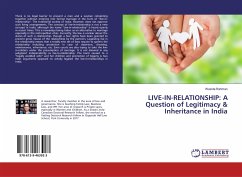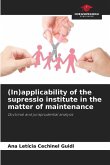Resale price maintenance ("RPM") has traditionally been frowned upon by competition authorities, for the reason that it directly impedes price competition, and over concerns that it may also facilitate collusion. However, there has been a gradual shift in the attitude taken towards RPM in the US and EU. Depending on the circumstances surrounding the imposition of RPM, there is the possibility for it to also bring about beneficial (in addition to adverse) effects on competition. Competition authorities have recognised this and, as a result, have moved away from imposing an outright prohibition against RPM. In particular, one jurisdiction that has taken a significant step in that direction is Singapore, where RPM (absent significant market power) benefits from an outright exclusion from the prohibition against anti-competitive agreements under the Competition Act. We will now review the arguments raised for and against the imposition of RPM, before assessing the justifications for the outright exclusion that RPM enjoys in Singapore. Thereafter, we will proceed to consider the continued validity of this exclusion.

